Radius Design System
You may speed up your design system by using the opinionated collection of open-source tools and frameworks known as The Radius.
Visit Website
You may speed up your design system by using the opinionated collection of open-source tools and frameworks known as The Radius.
Visit WebsiteYou may speed up your design system by using the opinionated collection of open-source tools and frameworks known as The Radius. You are directed on how to construct a constraint-based system by the selection of tools, their composition, and a number of fundamental elements.
Radius is not a library; it is a seed project. With composition in mind, it was constructed. Any component, any piece of the stack, or new items can be added to it to extend it.
A collection of ideas and philosophies that can guide their decision-making.
Radius design system is created to support the way they operate, which involves getting hands-on rather than merely reading manuals. In order to do this, they make sure that Radius design system contains a ton of examples, illustrations, and other resources that new team members will require in order to build and contribute. The objective is to instill immediate confidence in everyone's capacity to complete the assignment.
A lightweight design system that they can use internally and that others can build upon is the aim of this project. In all facets of the design system, they are keeping things simple, providing room for interpretation, and adhering to the essentials. That entails focusing on the essentials and utilizing their well-earned domain knowledge.
Additionally, it must be changeable for the clients. This design system serves both us and the organizations that depend on us. They must design with their potential needs in mind and, whenever possible, avoid letting their biases show. To be useful to the largest possible audience, the design system should be adaptable and extensible.
Any organization that could profit from the system should be able to use it, and they want the system to be universal. This means that all of the components should be simple to comprehend and targeted toward practitioners who are not experts but whose work might profit from an efficient design system, allowing them to concentrate on solving larger business challenges.
The Radius Design System is a curated collection of open-source tools and frameworks aimed at accelerating the design process. It provides guidance on constructing a constraint-based system through the selection and composition of fundamental elements and tools.
Unlike traditional design libraries, Radius is not just a collection of pre-built components. It is a seed project designed to be extended and customized. Teams can add any component or piece of the stack to tailor it to their specific needs.
The design kit is created and maintained using Figma, featuring a reference architecture and basic components. The component library is built using Typescript, React, Styled System, and Styled Components, bootstrapped with TSDX. Storybook serves as both documentation platform and developer sandbox.
The design principles of Radius emphasize hands-on experience, simplicity, adaptability, and inclusivity. It aims to support users by providing ample examples and resources, keeping things lightweight and straightforward, anticipating change, and catering to a diverse audience.
Radius is designed to be accessible to all practitioners, regardless of expertise level. Components are simplified and targeted towards users who may not be design experts but can benefit from an efficient design system. This approach enables teams to focus on solving larger business challenges.
Yes, Radius is highly customizable and extensible. Teams can add or modify components and tools to tailor the design system to their project requirements. This flexibility ensures that the system remains adaptable to evolving needs and preferences.
By providing a comprehensive set of tools, guidelines, and resources, Radius streamlines the design process, enabling teams to work more efficiently. Its focus on simplicity and adaptability fosters collaboration and ensures that designers can quickly iterate and implement changes as needed.
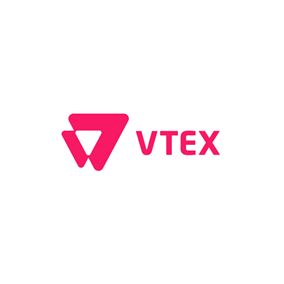
VTEX Styleguide is the design system for VTEX, serving as the home for all reusable patterns, components, and assets related to product design.
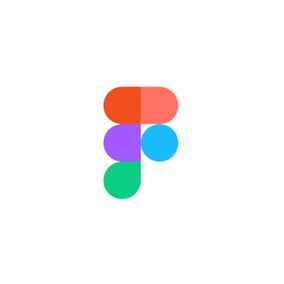
Figma's UI2 Design System is a comprehensive set of design guidelines and resources that help teams create consistent, high-quality user interfaces (UIs) across web, mobile, and other digital platforms.
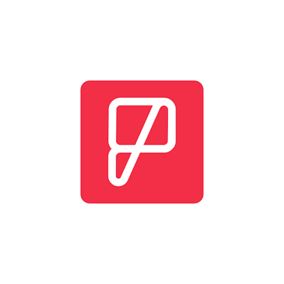
At Twilio, the Paste design system is employed to create user interfaces that are intuitive, unified, and of the highest caliber. With tools and resources, Paste assists Product Designers and Engineers in creating consumer UIs in Figma and React.
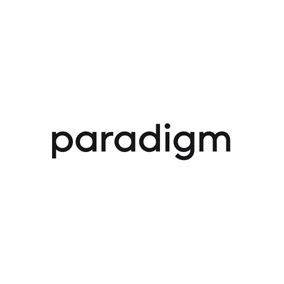
For Mail.ru products, Paradigm is a design system that enables us to preserve the integrity of the user experience while streamlining design and development resources.
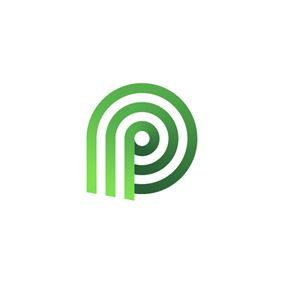
The goal of the Palmetto Design System is to make it easier and faster for us to produce applications with the Palmetto brand.

These rules establish the requirements for maintaining a consistent brand image. The GitLab brand has developed into what it is today because to the cooperation of many contributors and iterative procedures, just like their product and business. It serves as a creative outlet for Gitlab's mission, vision, and core principles.